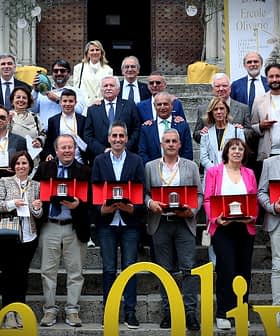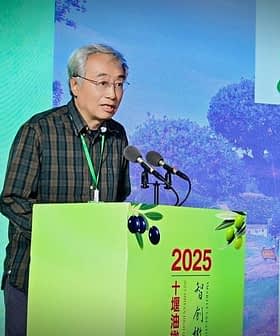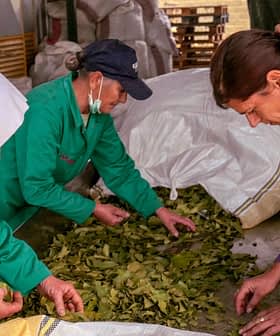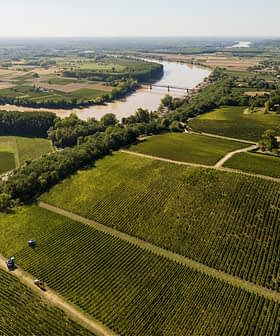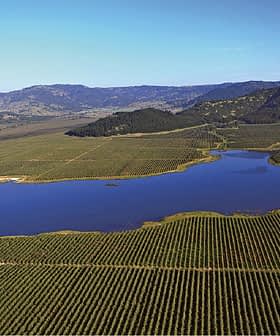Spanish Producers Achieve Record Success at World Competition

Spanish olive farmers, oil producers, bottlers, and exporters celebrated a record year at the 2022 NYIOOC World Olive Oil Competition, earning a record-high 128 awards with a 77 percent success rate. Despite facing challenges such as extreme weather events and rising production costs, producers from regions across Spain, including Andalusia, Castilla-La Mancha, Extremadura, and Catalonia, achieved success and recognition at the competition. The awards serve as a testament to the improving quality of Spanish olive oil and help producers gain visibility and market recognition internationally.
Olive farmers, oil producers, bottlers and exporters in Spain celebrated another record year at the 2022 NYIOOC World Olive Oil Competition.
Representatives from the largest producing country enjoyed an exceptional showing at the world’s largest olive oil quality competition by every metric, earning a record-high 128 awards from a record-tying 148 entries and achieving a record-high 77 percent success rate.
For 30 years, Spanish production has evolved towards greater production in quantity and quality.
Rafael Pico Lapuente, the executive director of the Spanish Association of Olive Oil Exporting, Industry and Commerce (Asoliva), told Olive Oil Times that the record year for Spanish producers at the competition indicated improving quality throughout the sector.
“For 30 years, Spanish production has evolved towards greater production in quantity and quality,” he said.
See Also:The Best Olive Oils From Spain“These international awards make it possible for consumers to value our olive oils due to the prestige that this entails,” Lapuente added. “Spain exports 70 percent of what it produces and these awards spread the word of the benefits and qualities of Spanish olive oil.”
As always, the lion’s share of the awards was won by producers in the southern autonomous community of Andalusia, which is responsible for about two-thirds of Spanish olive oil production.
However, producers from Castilla-La Mancha, Spain’s second-largest producing region, Extremadura and Catalonia, also earned plenty of NYIOOC accolades.
Regardless of where they were from, producers across Spain faced plenty of challenges throughout the 2021 crop year – during which Spain produced 1.3 million tons of olive oil – from extreme weather events to persistent drought and rising production costs.
“As for the whole world, 2021/22 was a difficult year,” John-Dominic Cancilla, the sales manager at Marqués de Valdueza, told Olive Oil Times.
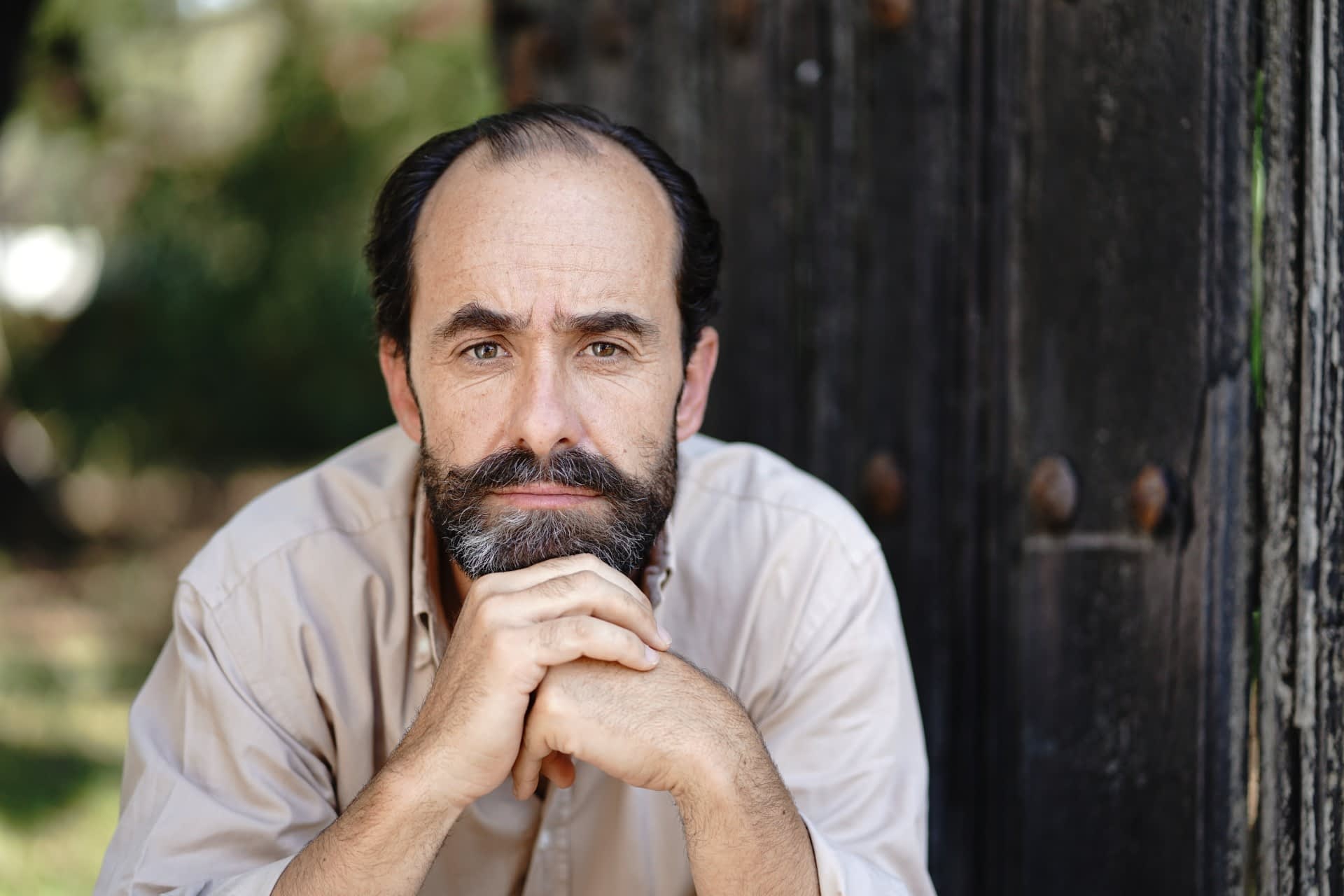
Fadrique Álvarez de Toledo, the owner of Marqués de Valdueza
“First because of the Covid-19 pandemic itself, and then because of all the problems of supply, transportation, cost increases and other obstacles caused by it, working normally was a major challenge,” he added.
Cancilla and his team earned two Gold Awards for a pair of medium blends, adding to a production legacy that dates back to 1624.
“It always feels good to win awards at the NYIOOC, and doing a double like this year is apotheosis,” he said. “The NYIOOC awards give us visibility in the market and are an advertisement for the consumer. In addition, they are an incentive to continue fighting to produce oils of recognized quality.”
The awards are all the more gratifying given the specific challenges of producing olive oil in the landlocked west-central region of the country.
“In Extremadura, as deduced from the region’s name, agricultural production is and has always been difficult,” Cancilla said. “Only with intimate complicity with the land and the extremeños is a producer capable of getting the best of himself and his environment.”
“The scarceness of water and the region’s harsh climate mark the ongoing struggle in the extreme countryside,” he added.
Situated about 250 kilometers southeast of Marqués de Valdueza’s groves, the producer behind Nobleza del Sur, in Jaén, also celebrated a pair of Gold Awards for two Picual monovarietals.
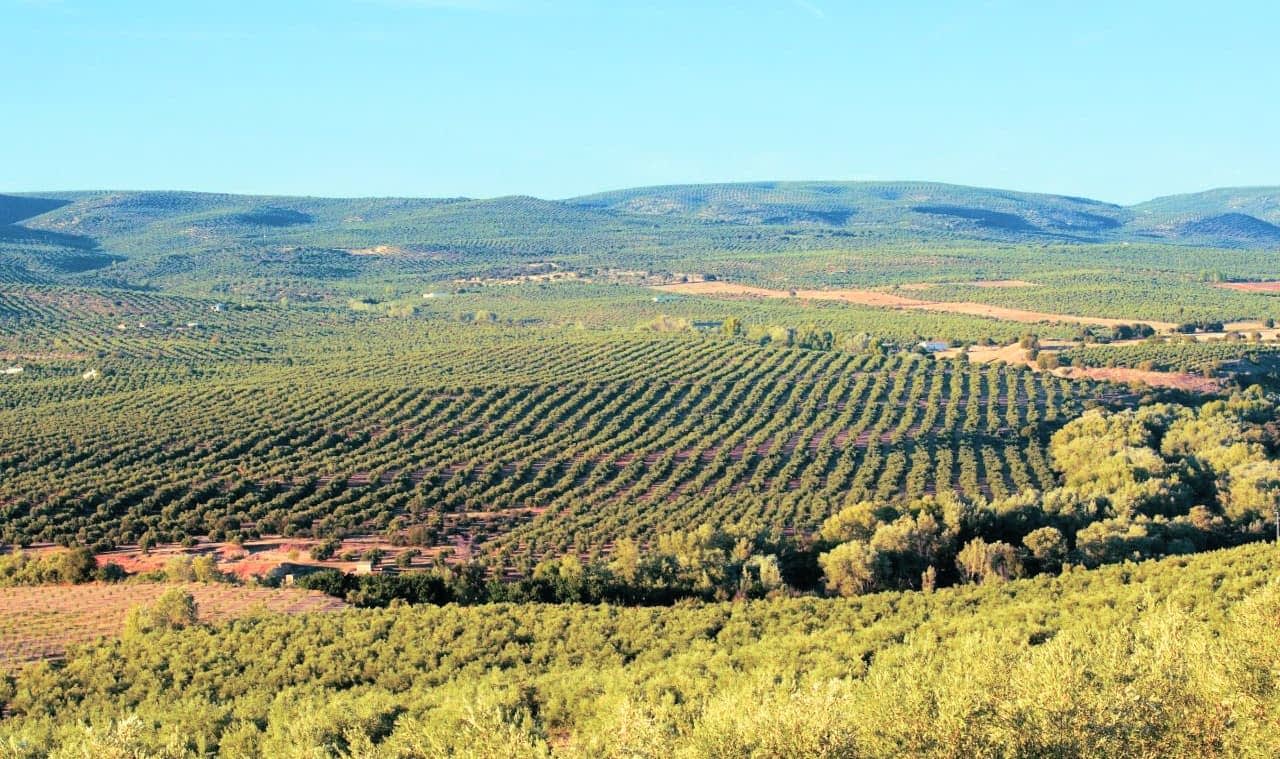
Noblezas del Sur
“This fantastic result is a boost of energy for the entire Nobleza del Sur team and consolidates our commitment to quality in olive oils for yet another harvest,” owner Lola Sagra told Olive Oil Times.
Like in Extremadura, she added that each season brings its own challenges, with international awards serving as a barometer to indicate how well the company overcame them.
“Every year is a new challenge,” she said. “Nature offers us different scenarios with different campaigns; some rainier, others hotter, others drier like 2021/22 harvest.”
However, Sagra added that Jaén’s privileged location and generations of oil-producing know-how helped the company succeed.
“Our olive tradition has its origins in the year 1640, leading us to be very knowledgeable about traditionally cultivated olive groves in Jaén,” she said. “Although they require more work, their quality is higher than in super-intensive (super-high-density) cultivation of new plantations in other regions and parts of the world.”
Sagra and the rest of the team at Noblezas del Sur hope that another successful year at the NYIOOC will help them gain more name recognition in the lucrative United States olive oil market.
Just 140 kilometers north of Jaén, in the southern reaches of Castilla-La Mancha, the producers behind Olivapalacios also understand the importance of winning at the NYIOOC for their global brand recognition.
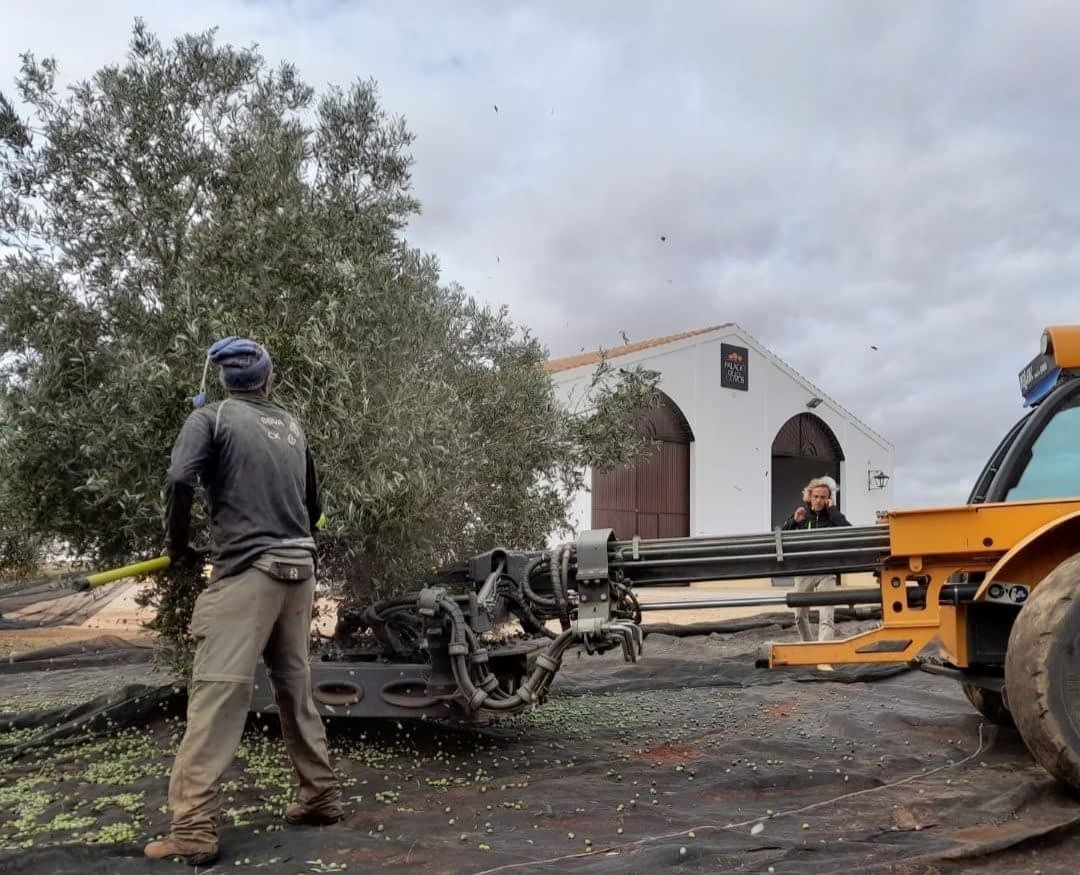
Photo: Olivapalacios
“The NYIOOC awards are usually closely followed by importers, mainly from Asian countries,” Luis Rubio, the company’s export manager, told Olive Oil Times. “This has been useful for us in that market, where we have the greatest international presence.”
He added that the Silver and Gold Awards earned for a Picual and Arbequina monovarietal, respectively, came about after a challenging harvest in central Spain.
“We had to deal with a lot of inclement weather, such as low temperatures and frost at the beginning of spring and Storm Filomena, the cold and snowstorm that affected all of Spain,” Rubio said.
“Unlike Andalusia, [Castilla-La Mancha] lacks an olive tradition,” he added. “There is no popular culture and predisposition for the management and work in the olive sector; nor is there excessively great support on the part of the regional government.”
However, the combination of carefully monitoring the groves throughout the year, the region’s nutrient-rich volcanic soils and the proximity of a dedicated mill once again allowed Olivapalacios to overcome the challenges and produce award-winning olive oil.
In the northeasternmost corner of Spain, careful research and constant hard work have helped propel producers in another non-traditional olive growing region of the country to their third year of success at the NYIOOC.
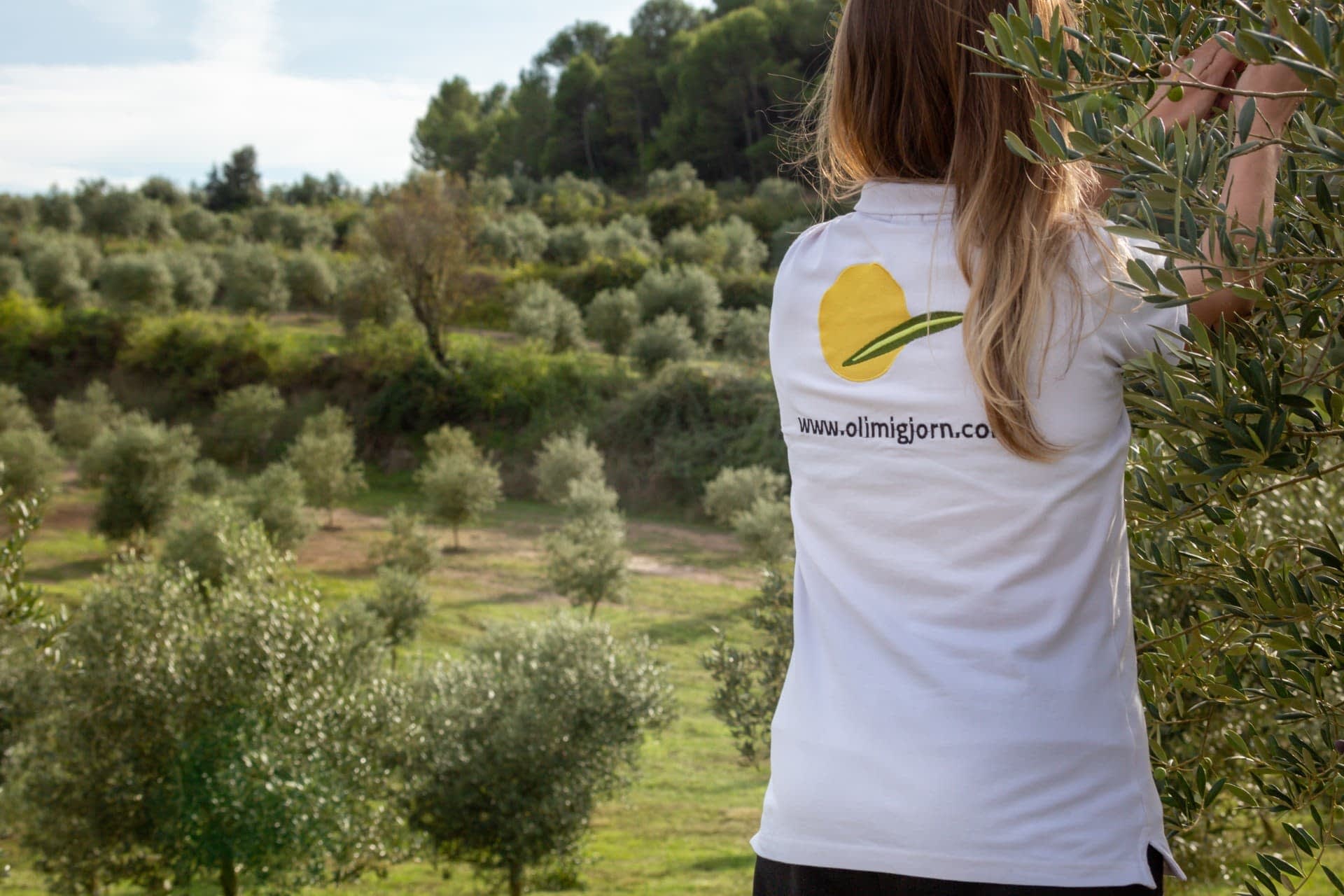
Aïna Llaudó
Oli Migjorn, situated just north of the Catalan capital of Barcelona, earned a Gold Award for an organic medium Arbequina.
“It is an honor for us, as it is a very successful achievement to win Gold at the NYIOOC after an intense year of work,” Aïna Llaudó, the company’s export manager, told Olive Oil Times.
“Currently, many extra virgin olive oil producers produce exquisite products, so the Gold in such an international contest gives us an advantage in the market compared to other producers,” she added.
As it was for many other producers, climate change shaped many of the challenges faced by the company. Specifically, Llaudó cited the abrupt temperature changes from winter to summer, which can disrupt the blossoming and fruit set of the olive trees, as one of the toughest challenges.
“The neglect of the olive groves in our area for years has been a challenge,” Llaudó said. “With the emigration to the big cities in the 1960s and 1970s of the last century, they left behind vineyards, olive groves and fields to work in the industrial belt of Barcelona.”
Currently, Oli Migjorn sources its olives from about 30 leased farms, where the producers are working to recover the original landscape. However, this presents challenges as well.
“The area’s geography with terraces for cultivation often prevents the machinery from working comfortably, so labor has to be hired, making the product more expensive and thus making it difficult to market,” Llaudó said.
The challenge of harvesting on terraced land is shared by another producer back in Andalusia, on the other side of the country. However, the burden is spread out a bit differently.
“Almazaras de la Subbética is an olive cooperative… made up of more than 6,800 farmers, families who live by and for the olive grove,” María Carmen Rodríguez Comino, the company’s sales manager, told Olive Oil Times.
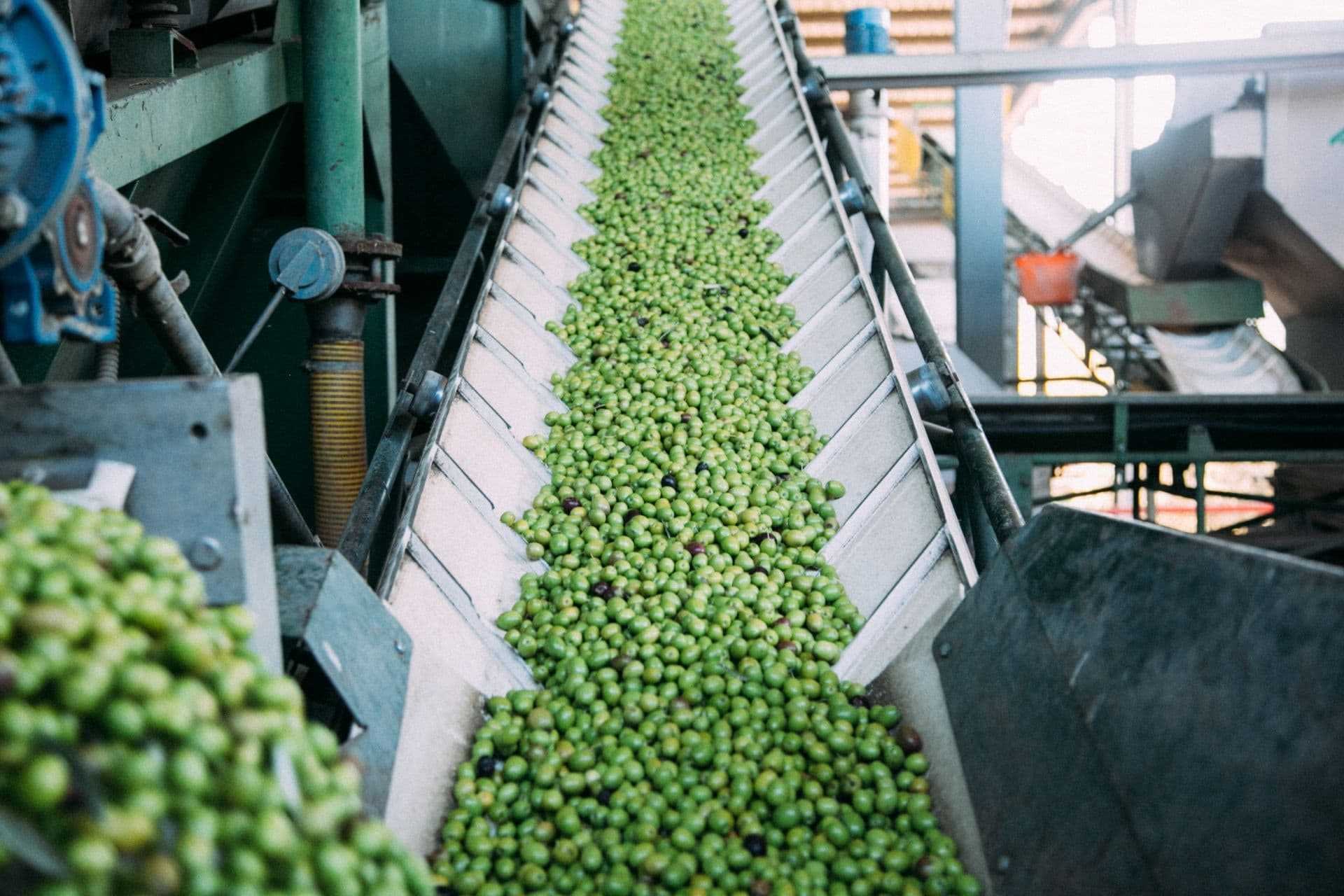
Photo: Almazaras de la Subbética
“In the Sierras Subbéticas, we have a mountain olive grove, with high slopes with daily difficulties in harvesting and managing them,” she added. Very high-quality oil is produced, but with very high production costs due to the difficulty of the terrain.”
At the 2022 NYIOOC, the company earned four Gold Awards for a pair of blends, one of which is organic, an organic Hojiblanca monovarietal and an Arbequina.
For all the producers who make up one of Spain’s largest cooperatives, the awards are especially gratifying after high temperatures and low levels of rainfall combined with a labor shortage to complicate the harvest.
Comino added that a lack of young people coming to work at the cooperative was also concerning. However, employing a technical team of agronomists and agricultural engineers means high-paying jobs are possible in the sector and explains the company’s sustained success in the world’s most prestigious competition.
“It is a pleasure and proud moment to have achieved these international recognitions with our four oils for another year,” she concluded. “International awards always mean greater recognition of our brands in different markets and an increase in sales.”


